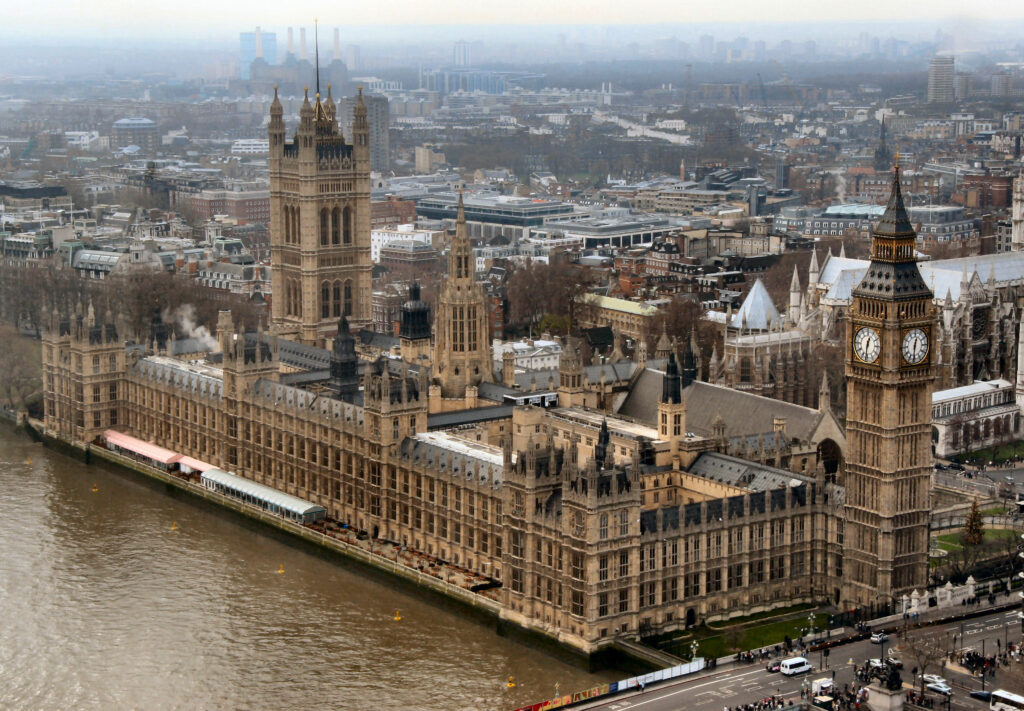The UK is at risk of letting the “major industrial shift” posed by the take-up of electric vehicles pass it by as Brexit negotiations draw the government’s focus, according to the chair of the new All-Party Parliamentary Group (APPG) on electric and autonomous vehicles.
Dame Cheryl Gillan MP, the former secretary of state for Wales, will lead the group to increase awareness of the benefits and opportunities of EVs amongst MPs.
Gillan said: “It is imperative that parliamentarians are aware of the rapid pace of change in the electric and automated vehicle sectors and that post-Brexit the UK is well positioned to benefit from these new technologies.
“Clearly at hand are new opportunities to expand our manufacturing base, create new exportable expertise, decarbonise our economy, improve safety, and increase productivity. We can’t let this major industrial shift pass us by while everybody is focused on EU negotiations. We will aim to keep MPs and Lords informed and help drive the agenda forwards.”
EV manufacturing has been earmarked as a key area of growth for the UK economy throughout the Brexit process and beyond. In July, business secretary Greg Clark has unveiled the first phase of a £246 million investment in battery technology for EVs with the launch of the Faraday Challenge to reflect the growing private investment by auto manufacturers in electrification.
The likes of Ford, VW, Jaguar Land Rover, and BMW all plan to invest billions of pounds globally into new battery and electric vehicle research while Nissan, which assembles its popular LEAF in Sunderland, plans to double sales of its new model in the next year.
Pressure for a “coordinated charging strategy”
The APPG will also discuss the roll out of charging infrastructure, as well as opportunities for new high-value manufacturing, international trade, emissions reduction, and road safety improvement.
Speaking at last week’s Energy Storage and Connected Systems, the Renewable Energy Association’s (REA) external affairs officer Daniel Brown said the APPG would mirror the content of the Automated and Electric Vehicles Bill currently progressing through Parliament.
However, he added that the group would also seek to address the lack of a detailed strategy for rolling out charging infrastructure.
“The big piece that we see the APPG contributing is pressure for government to come up with some sort of coordinated charging strategy. We’ve challenged Treasury, Department for Transport, we’ve challenged various different quangos as you might call them and there’s no one co-ordinated body that’s thinking about this.
“There’s limited discussion across government of how we are going to operate if nobody’s thinking about what’s going to happen…There needs to be some sort of body that is thinking through things more clearly. So the APPG is going to be pushing for some sort of EV charging strategy.”
According to Matthew Trevaskis, head of EVs at the Renewable Energy Association, which will provide secretariat duties for the APPG, such efforts are also hoped to lower emissions across the country.
“This historic industrial shift is creating major new opportunities to decarbonise our transport sector, improve air quality, and reduce consumer bills. We are pleased to work with Dame Cheryl and Members from all parties to help drive this agenda forward in the UK,” he said.
The groups Vice-Chairs include former coalition government transport Minister Baroness Kramer (LibDem); Andrew Selous MP (Con), a member of the Health Select Committee; Anna McMorrin MP (Lab), a member of the Environmental Audit Committee.
Other members of the group include former energy secretary Sir Ed Davey (Lib Dem); Mark Pawsey MP (Con) a member of the Business, Energy, and Industrial Strategy Committee; and Nigel Evans MP (Con), a member of the International Trade Committee.






